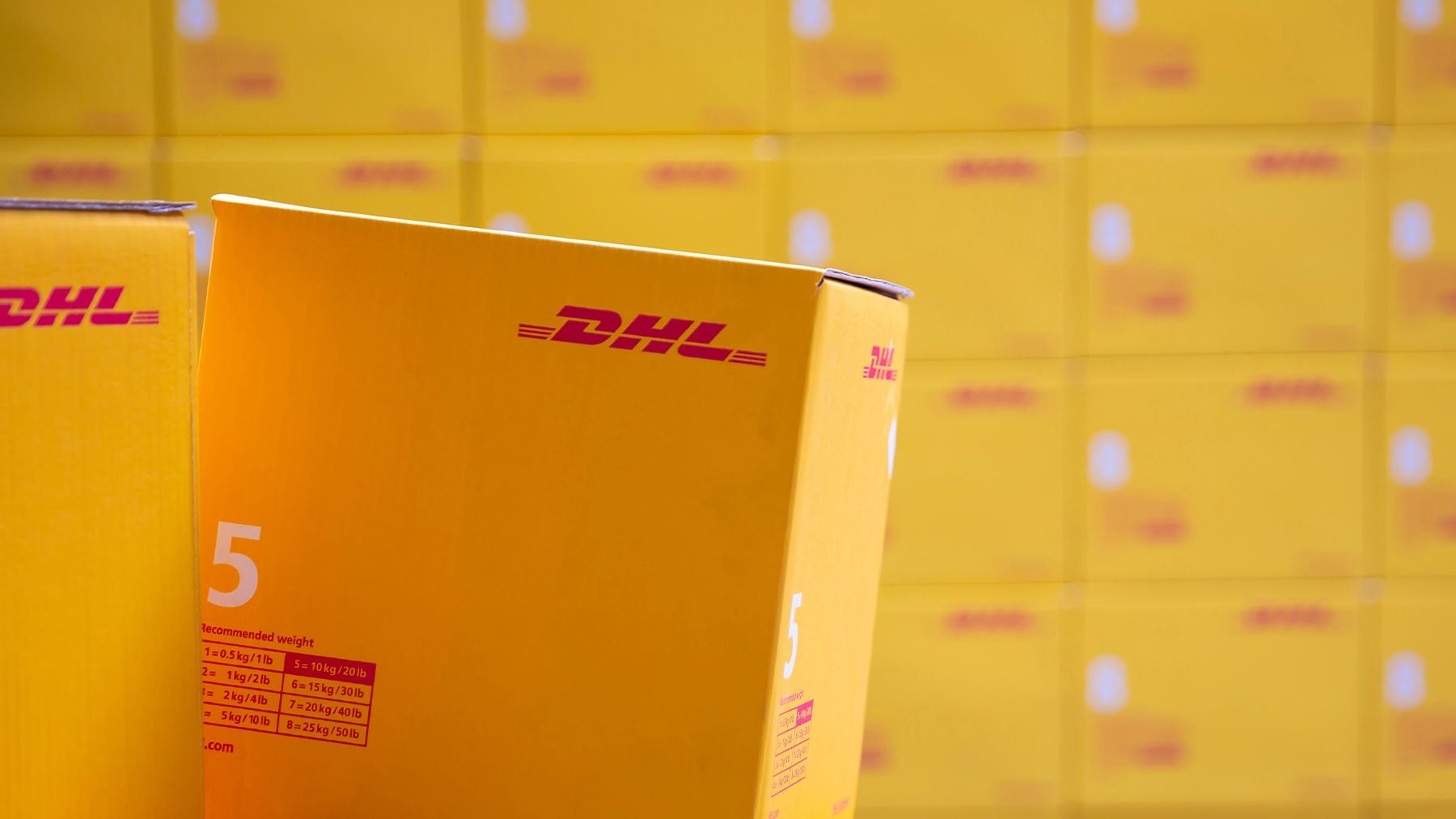
A major international logistics player has entered the resale arena.
Germany-based DHL has partnered with resale-as-a-service firm Reflaunt, which creates branded resale services for clients including Balenciaga, Net-a-Porter and Ganni, BoF has learned.
Using Reflaunt’s backend software, DHL can now offer its existing brand partners a convenient and fully integrated resale service to provide to their shoppers.
While the innovation isn’t unique — there are more than a handful of resale-as-a-service providers that can build similar platforms for brands, including Trove and ThredUp — DHL brings unprecedented scale and efficiency to the industry, with more than 1,300 warehouses and offices worldwide. After all, facilitating secondhand commerce isn’t cheap, which is why platforms like The RealReal and ThredUp have struggled to reach profitability.
The logistics giant isn’t just a courier; it works with a number of fashion companies and retailers in multiple touchpoints of their supply chains, serving warehousing and e-commerce fulfilment capabilities.
Typically, third-party logistics providers such as DHL or XPO cannot support online resale fulfilment on their own because of its complicated, single-SKU and reverse logistics requirements. When a customer sends in a pre-owned item, for instance, that single item needs to be inspected, assessed for quality and authenticity, measured, photographed and then listed online — functions that fall outside the purview of traditional 3PLs that Reflaunt has built as proprietary software.
Reflaunt and its competitors like Trove in the US run their own fulfilment warehouses from which to operate resale, or partner with small, specialised logistics companies such as Tersus Solutions, a Colorado-based textile cleaning facility that has found another niche in online resale in recent years.
With DHL in the mix, however, Reflaunt’s reselling service can now be rolled out on a wide-scale global basis, though its integration with Reflaunt will begin in Europe.
“We have the capabilities and the setup to bring [e-commerce] operations all under one roof,” said Stephanie Crespin, founder of Reflaunt. “We can now roll out resale anywhere, everywhere, and very quickly.”
Multiple synergies between regular fulfilment and resale fulfilment can be realised under the partnership. For example, when an online purchase is returned, the product usually bounces around in fulfilment purgatory before it finds its way back to a brand’s primary inventory or offloaded to liquidators. With Reflaunt in DHL’s warehouses, it means returns can be directly funnelled toward resale channels, allowing brands to monetise merchandise that would otherwise be written off as a loss.
“Reflaunt is bridging the disconnect between secondhand and new [retail] by partnering with someone who can now do both,” Karin Dillie, a fashion resale veteran and former executive at Recurate and The RealReal.
The move also signals the further legitimisation of online fashion resale, which has seen a steady trickle of new brands launching their own secondhand ventures in the past three years. There are about 160 brands with their own resale shops, according to ThredUP’s monthly Recommerce report that tracks movement in the category, up from just nine in 2020.
“All of this also ultimately creates a resale channel that looks like traditional e-commerce at a profitable scale,” said Gayle Tait, chief executive at Trove, which recently announced Carhartt and outdoor brand Cotopaxi as new brand partners.



